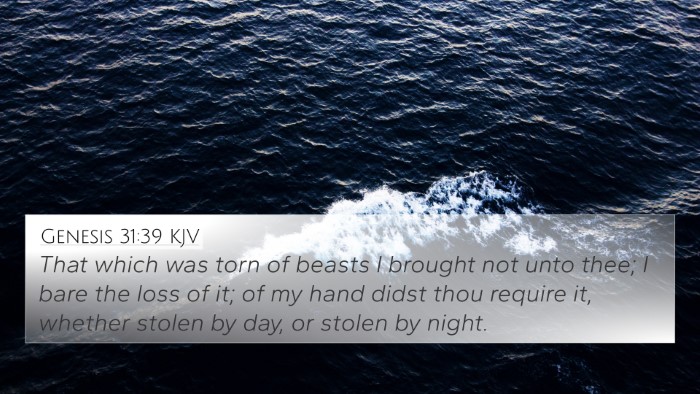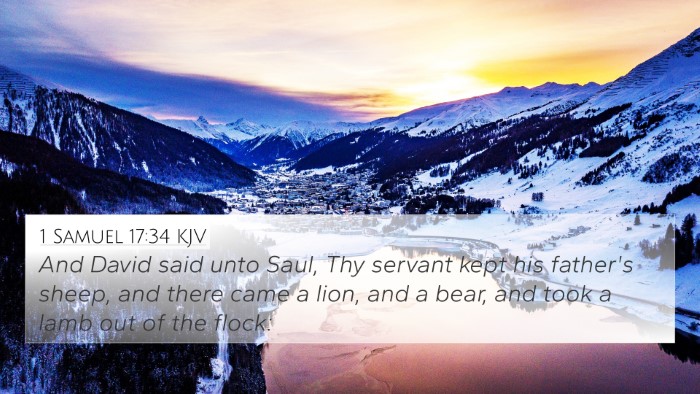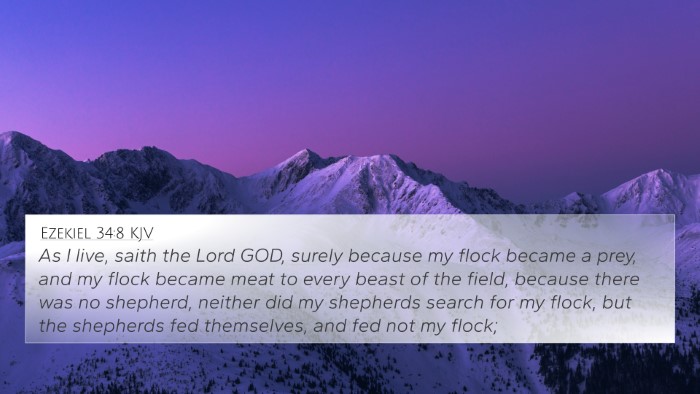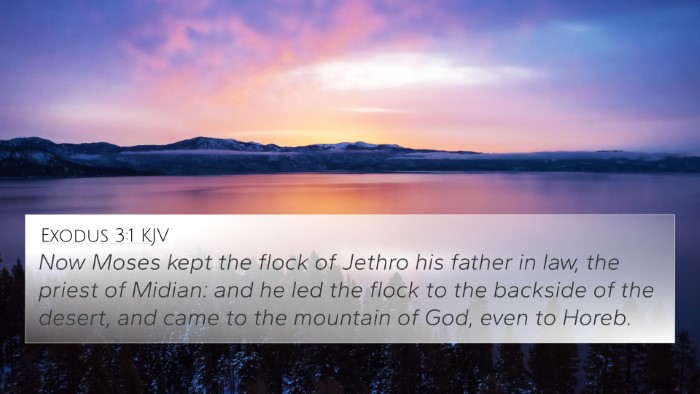Understanding Luke 2:8
Verse: Luke 2:8 - "And there were in the same country shepherds abiding in the field, keeping watch over their flock by night."
Summary of Meaning
In Luke 2:8, we see the shepherds, who were considered lowly and humble, tending their flocks at night. This setting serves as the backdrop for one of the most significant events in Christian history - the announcement of Christ's birth. The shepherds represent the common people, emphasizing that the message of Jesus is for everyone, not just the elite.
Insights from Public Domain Commentaries
- Matthew Henry: Henry indicates that the shepherds were chosen not because of their status but to show that God's grace reaches out to the humble. The night watch signifies the vigilance required in spiritual matters, paralleling shepherding with spiritual oversight.
- Albert Barnes: Barnes highlights the contrast between the shepherds' ordinary lives and the extraordinary message they receive. This underscores the idea that God often chooses the least likely to fulfill His purposes and reveals profound truths to them.
- Adam Clarke: Clarke notes the significance of the shepherds being "abiding in the field." This suggests a commitment to their responsibilities, reflecting the virtues of diligence and faithfulness in the face of divine revelation.
Thematic Connections and Cross-References
Luke 2:8 connects with various biblical themes, showcasing God's preference for humility and the joy that accompanies His revelations. Below are some pertinent Bible verse cross-references that explore similar themes:
- Matthew 2:1-2: The visit of the Magi parallels the shepherds' encounter, both groups seeking Jesus, albeit from different social standings.
- Isaiah 40:11: This verse portrays God as a shepherd who tenderly cares for His flock, reflecting the role of the shepherds in the birth narrative.
- John 10:14: Jesus identifies Himself as the Good Shepherd, establishing a direct connection to the shepherds in the field.
- Luke 15:4-7: The parable of the lost sheep highlights the value of every individual, mirroring the significance of the shepherds in Christ's story.
- 1 Corinthians 1:26-29: This passage emphasizes God’s choice of the weak and despised to confound the wise, akin to how the shepherds were chosen.
- Psalms 23:1: "The Lord is my Shepherd," ties the comforting imagery back to God's care and the earthly shepherds' role.
- Hebrews 1:1-2: This illustrates God's communication with man, demonstrating that He reveals Himself to whom He chooses, exemplified in the angelic announcement to the shepherds.
- Luke 2:9-14: The subsequent verses illustrate the angelic revelation and great joy, linking the shepherds' encounter with the broader message of salvation.
- Acts 13:47: This verse echoes the theme of God’s message reaching out to all, including the Gentiles, similar to the shepherds' humble beginnings.
- Revelation 7:17: This depicts the ultimate fulfillment of God's shepherding care as He leads His people to eternal sustenance, linking back to the earthly shepherds' role in the nativity story.
Exploring the Humility and Divine Revelation
The narrative of Luke 2:8 represents a significant moment in the inter-Biblical dialogue concerning God's revelation to humanity. The shepherds, just as Jesus would later teach about the importance of humility, exemplify the heart of the Gospel. By choosing them as the first witnesses to Christ's birth, God shows that His message of hope and salvation is accessible to all, regardless of their societal status.
Comparative Analysis of Related Themes
In deeper comparative Bible verse analysis, one can explore how the motifs of shepherds and humble beginnings appear throughout Scripture. For instance, the contrast between royal announcements, like that of Herod, and the pastoral announcement to the shepherds reveals the subversion of worldly power dynamics.
This theme resonates through other narratives where God elevates the lowly, as seen in the stories of David, Moses, and Mary. These connections invite readers to recognize the patterns of divine selection and the inversion of human expectations throughout the biblical text.
Conclusion
Overall, Luke 2:8 is rich with meaning and implications. By integrating insights from various commentaries and employing tools for cross-referencing, readers can appreciate the depth and connections within Scripture. Understanding this verse facilitates a broader comprehension of God’s revelation through humble means, urging modern believers to embrace humility and seek to understand divine truths beyond mere appearances.
As you study Luke 2:8, consider utilizing a Bible concordance and Bible cross-reference guide to further explore the Bible verses that relate to each other within this passage. This approach aids in deepening your engagement with the Scripture and enhancing your spiritual growth.








